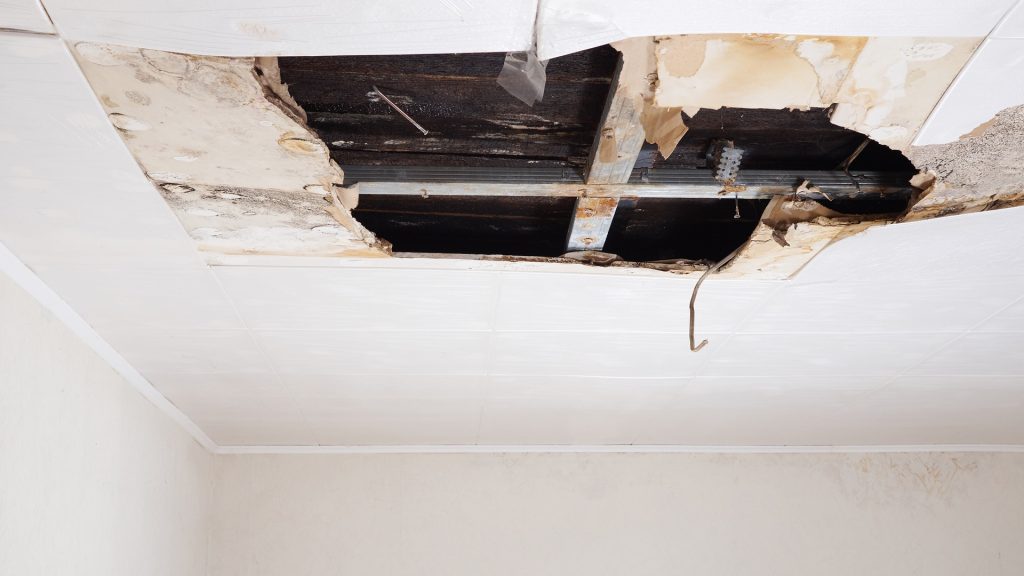My apartment ceiling caved in what are my rights? Experiencing a ceiling collapse in your apartment can be a terrifying and inconvenient situation. Besides the immediate safety concerns, you may wonder about your rights and responsibilities in such a situation. This article aims to provide you with essential insights on what to do when your apartment ceiling caves in and how to protect your rights as a tenant.

The Immediate Steps to Take
When your apartment ceiling caves in, your first priorities are safety and documentation:
- Ensure Safety: Before doing anything else, make sure you and any other occupants are safe. Move away from the affected area and assess if there are any hazards, such as falling debris.
- Document the Damage: Take photos and videos of the collapsed ceiling and any damaged belongings. This documentation can serve as crucial evidence in the future.
- Contact Your Landlord or Property Manager: Report the incident to your landlord or property manager immediately. It’s essential to notify them as soon as possible, both for your safety and to initiate the process of repairs.
Understanding Landlord Responsibilities
Landlords have a legal obligation to maintain the habitability of rental properties. When your apartment ceiling caves in, it’s generally the landlord’s responsibility to address the situation. Here’s what you can expect from your landlord:
- Repairs: The landlord should arrange and pay for the necessary repairs to restore the safety and habitability of your apartment.
- Temporary Housing: If your apartment is uninhabitable due to the ceiling collapse, the landlord should provide you with alternative accommodation until repairs are complete. This might include putting you up in a hotel or providing a temporary rental unit.
- Compensation for Damages: Your landlord should cover any damages to your personal belongings, such as furniture, electronics, or other possessions that were affected by the ceiling collapse.
- Insurance Claims: Your landlord’s insurance policy should cover the cost of repairs and property damage. Ensure that the necessary claims are filed promptly.
Understanding Tenant Rights
As a tenant, you also have rights in this situation:
- Right to Habitability: You have the right to a habitable dwelling, meaning your apartment should be safe, sanitary, and free from defects that could endanger your health and safety.
- Right to Repairs: If your landlord fails to make necessary repairs promptly, you have the right to withhold rent or make repairs yourself and deduct the cost from your rent, depending on local laws.
- Right to Terminate Lease: In severe cases where the apartment is left uninhabitable for an extended period, you may have the right to terminate your lease without penalty.
- Right to Legal Action: If your landlord doesn’t fulfill their responsibilities, you have the right to take legal action to enforce your rights.
Filing an Insurance Claim
Your own renter’s insurance policy may cover personal property damages, so be sure to contact your insurance provider to initiate a claim. Even if your landlord’s policy covers damages, your policy can help expedite the process.
Conclusion: Protecting Your Rights
Experiencing a ceiling collapse in your apartment can be a stressful event, but understanding your rights and responsibilities is crucial. In such situations, swift communication with your landlord, documenting the damage, and ensuring the necessary repairs and compensation are provided are vital steps to protect your rights as a tenant. If you encounter resistance from your landlord, consider seeking legal advice or contacting local tenant advocacy organizations to help resolve the issue and ensure you can live in a safe and habitable environment.